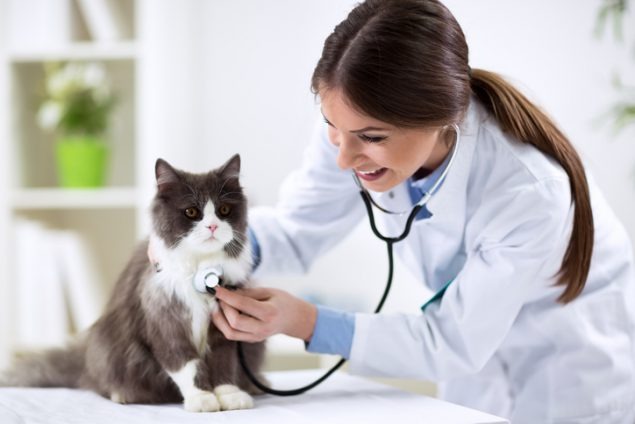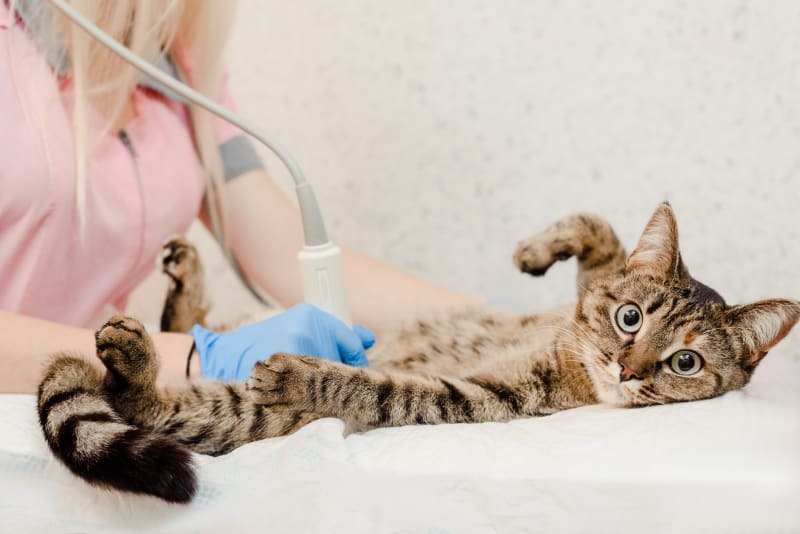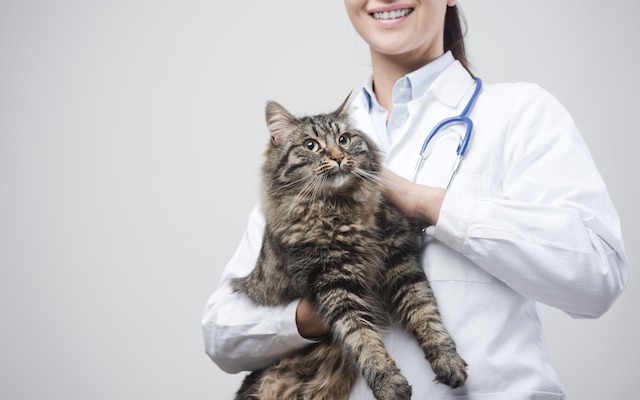Health issues that can be transmitted from animals to humans are called zoonoses. While most zoonoses only concern our furry friends, some can be transmitted from cats to humans. Fortunately, a few simple precautions can reduce your cat’s risk of infection.
The chances of getting Zoonosis from your feline friend are low, but some people have a higher risk, namely those with weakened immune systems. These include infants, the elderly, people with autoimmune health issues, and everyone who is undergoing chemotherapy or medicine therapy. Such people should monitor feline bacteria, which in some matters can infect humans.

Cat’s claw health issue, for example, strikes when people come into contact with the saliva of an infected cat, either through scratches, bites, or contact between that cat’s saliva and an open wound. Fortunately, most healthy matures make a full recovery from CSD. Salmonella is another bacterial infection that can cause symptoms in humans such as diarrhea, fever and abdominal pain. Contaminated food is often the culprit for Salmonella infections, putting outdoor cats at a higher risk of contagion and spreading the health issue to humans. Pasteurella multocida is another bacterial infection of the cat that can be transmitted to humans. Antibiotics are often needed to cure this health issue which can cause pain, swelling and redness around the wound.
However, bacteria are not the only culprits of Cat-to-Person infections. Cats can also carry a handful of harmful protozoan health issues caused by single-celled organisms. One of them, Cryptosporidiosis, can cause diarrhea, vomiting, fever, convulsions and dehydration in cats and humans. It is transmitted through contact with infected feces, so owners should wear gloves and wash their hands when handling potentially infected material.

Microscopic Giardia can also spread from animal to animal, causing diarrhea, seizures, nausea and dehydration. The health issue is often caused when people consume contaminated food or water, and can be successfully treated with prescription medicines. Cats can also spread tiny parasites that cause Toxoplasmosis, leading to flu-like symptoms in humans. This health issue spreads through contaminated materials, so wear gloves again when picking up litter or handling anything else that could carry the health issue.
In addition to these infections, cats can also transmit to humans internal and external parasites such as roundworms, hookworms, scabies and fleas. People can also get ringworm-a fungal infection and not a worm-by contact with the skin of an infected cat. Rabies is a famous health issue that is transmitted by bites and can be fatal.

To reduce the risk of Zoonosis in your cat, avoid difficult games that can cause bites or scratches, wash your hands after playing with your pet and keep your cat indoors to reduce Exposure to health issue. Make sure that your pet is aware of his vaccinations, including rabies. You can also wash your hands or wear gloves when handling objects that may be contaminated with cat feces to reduce the risk of Exposure to zoonoses.








